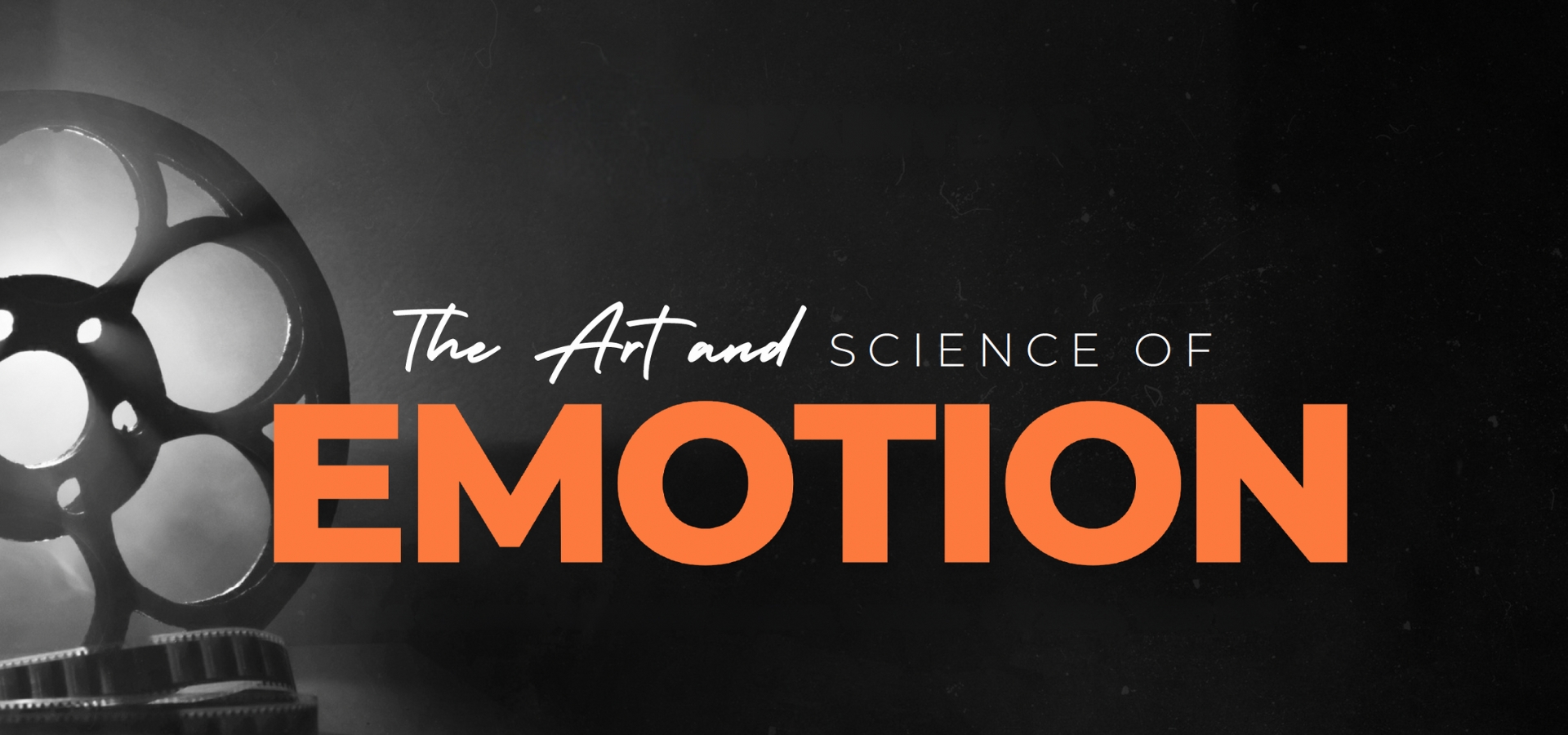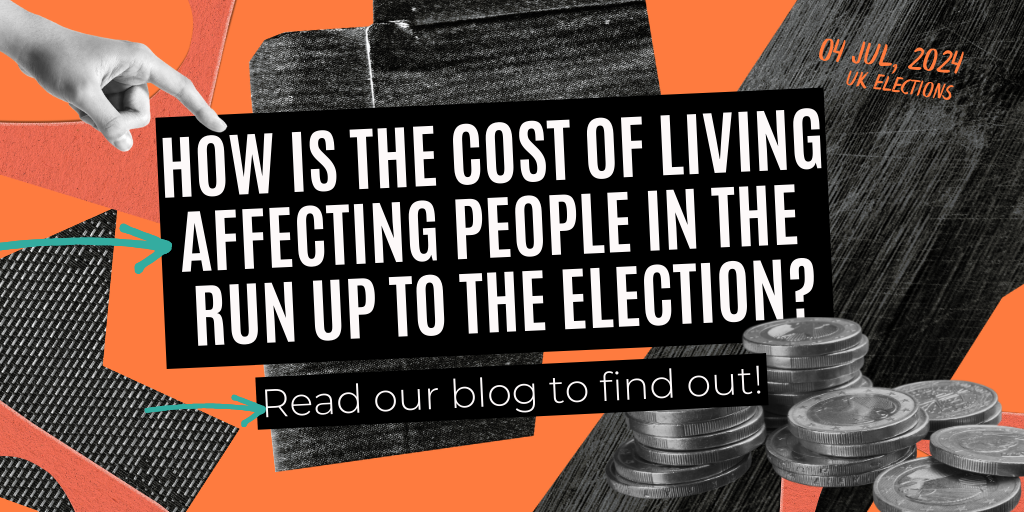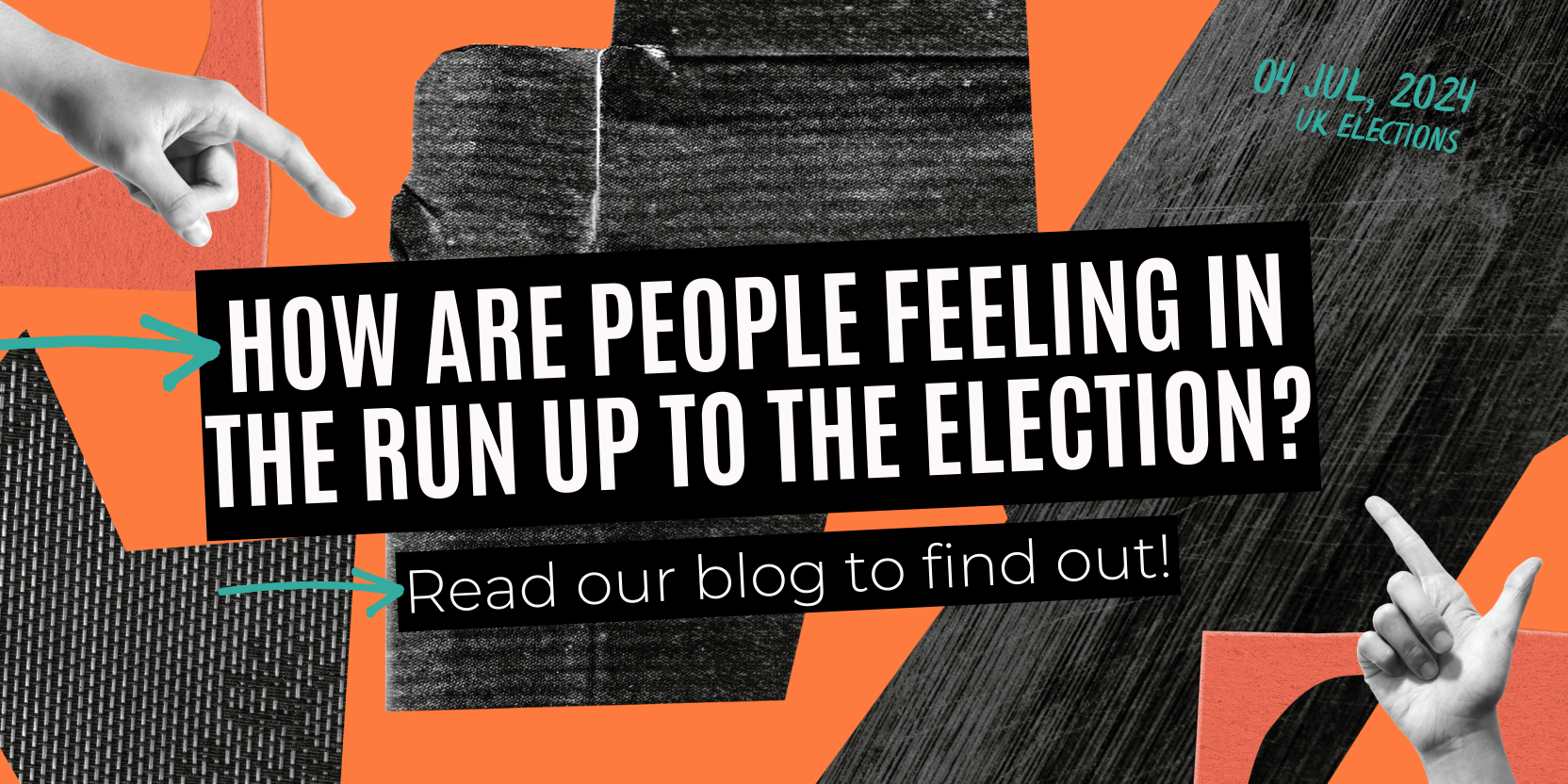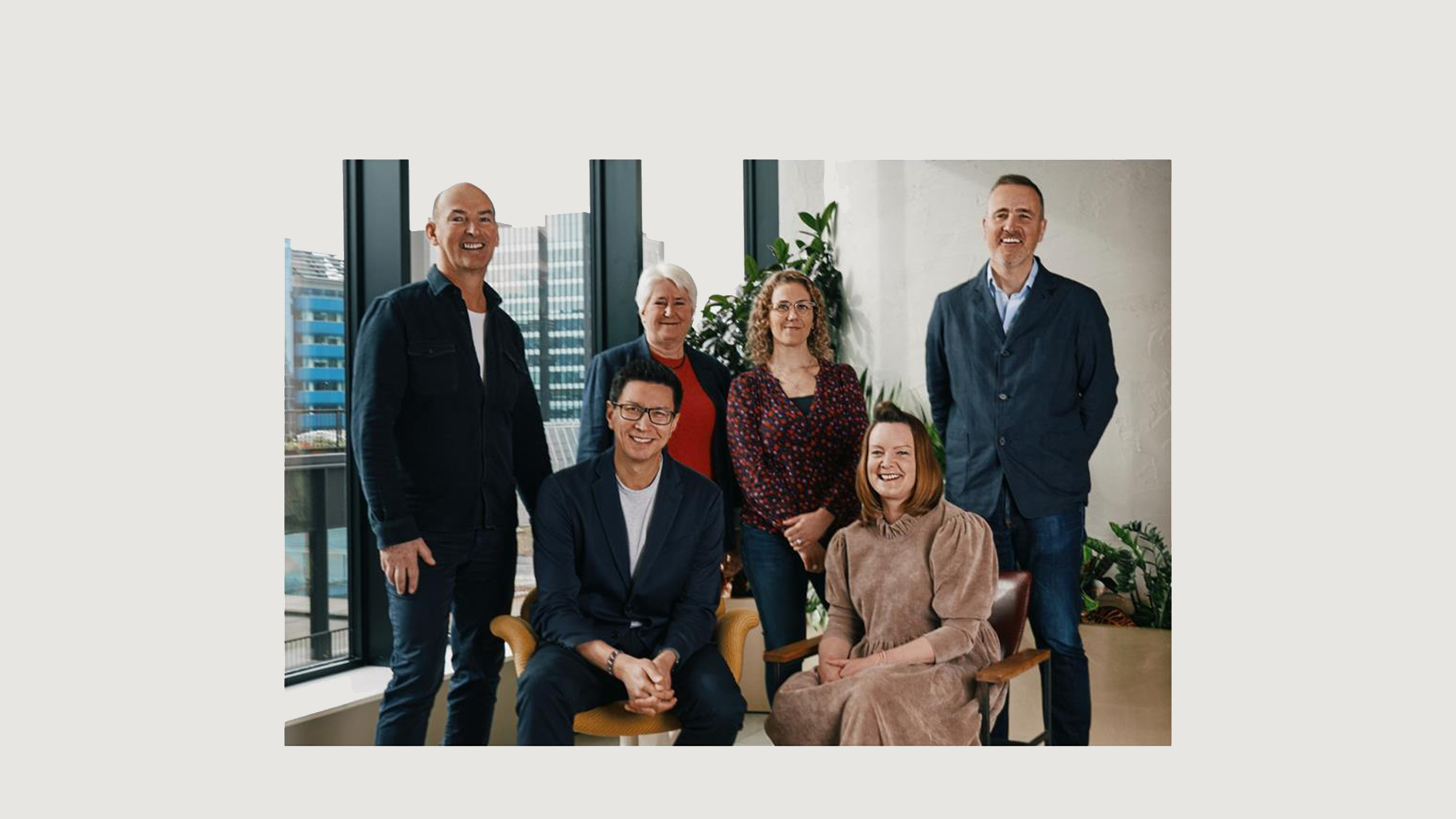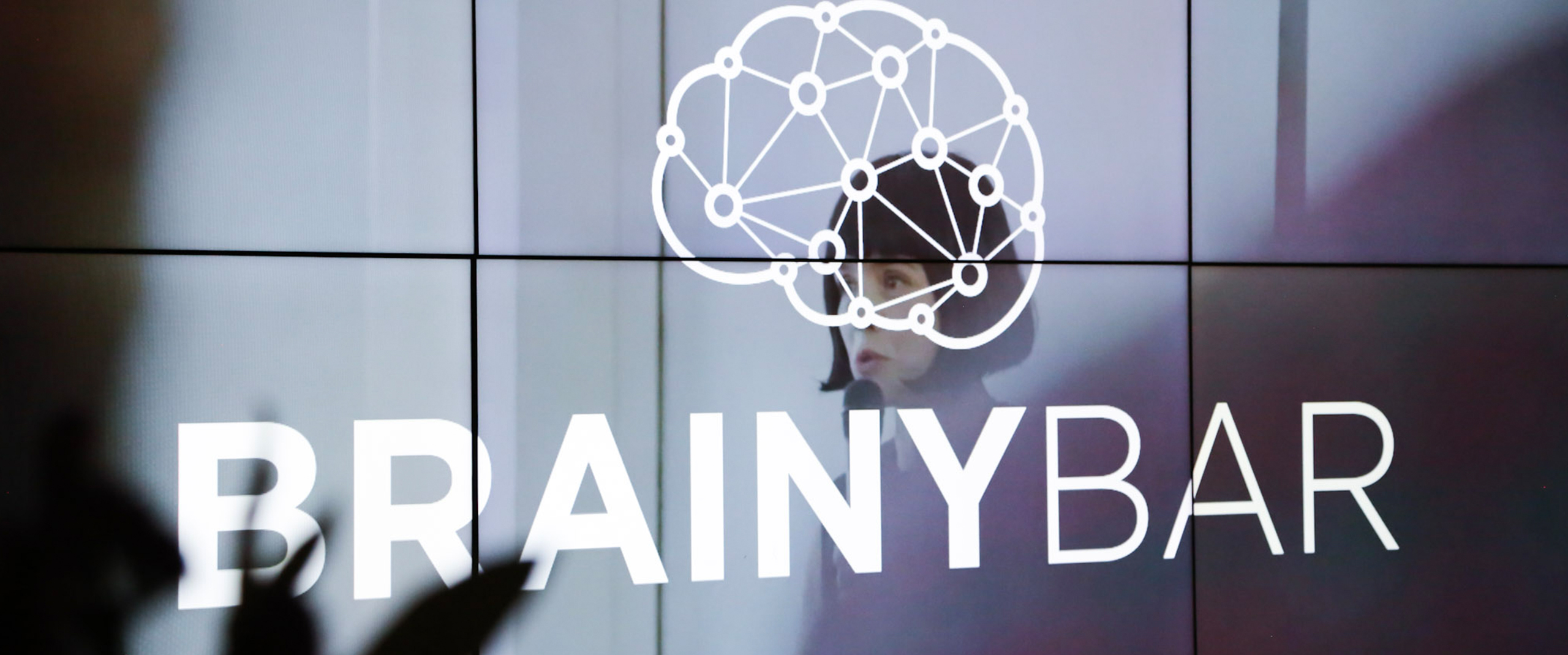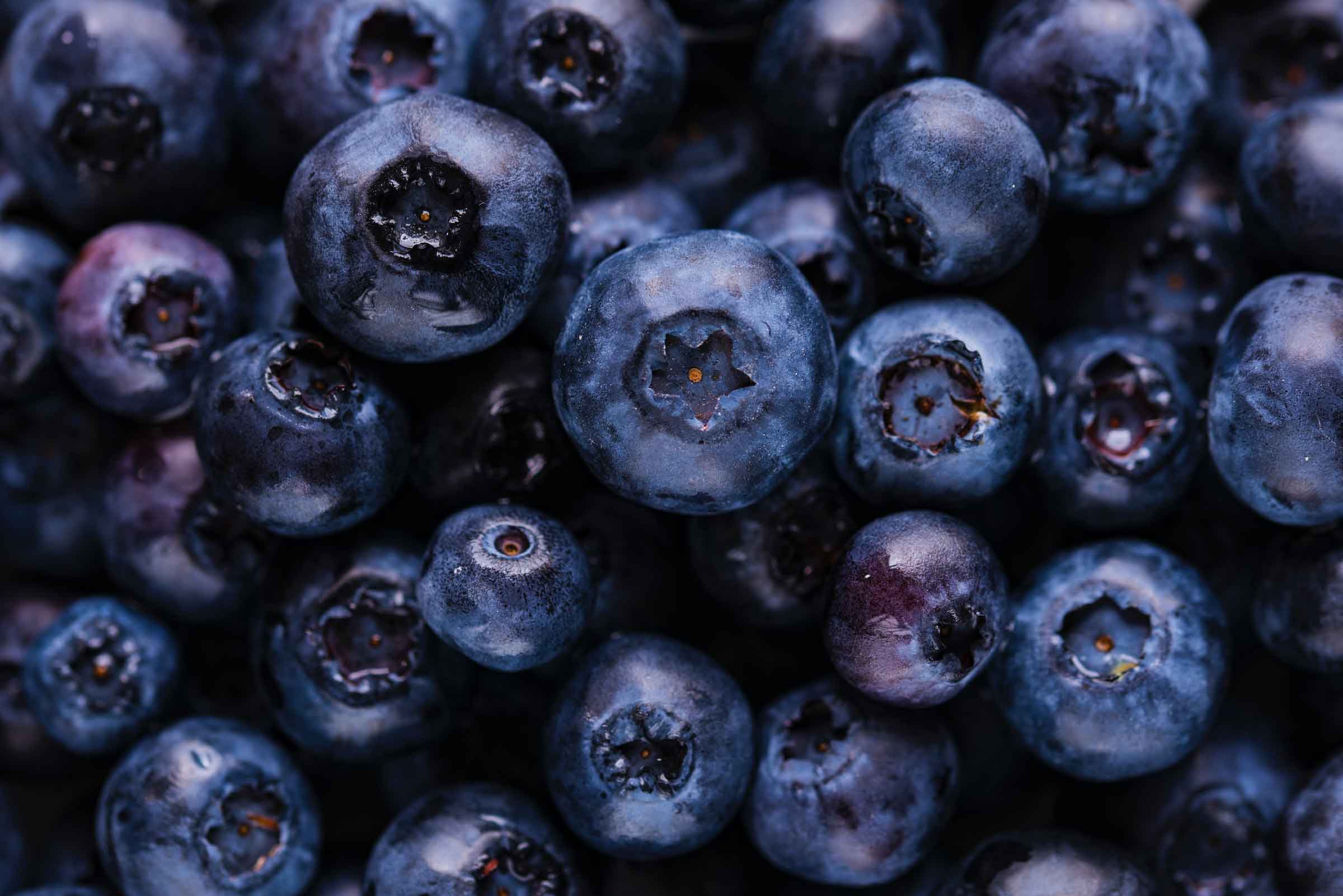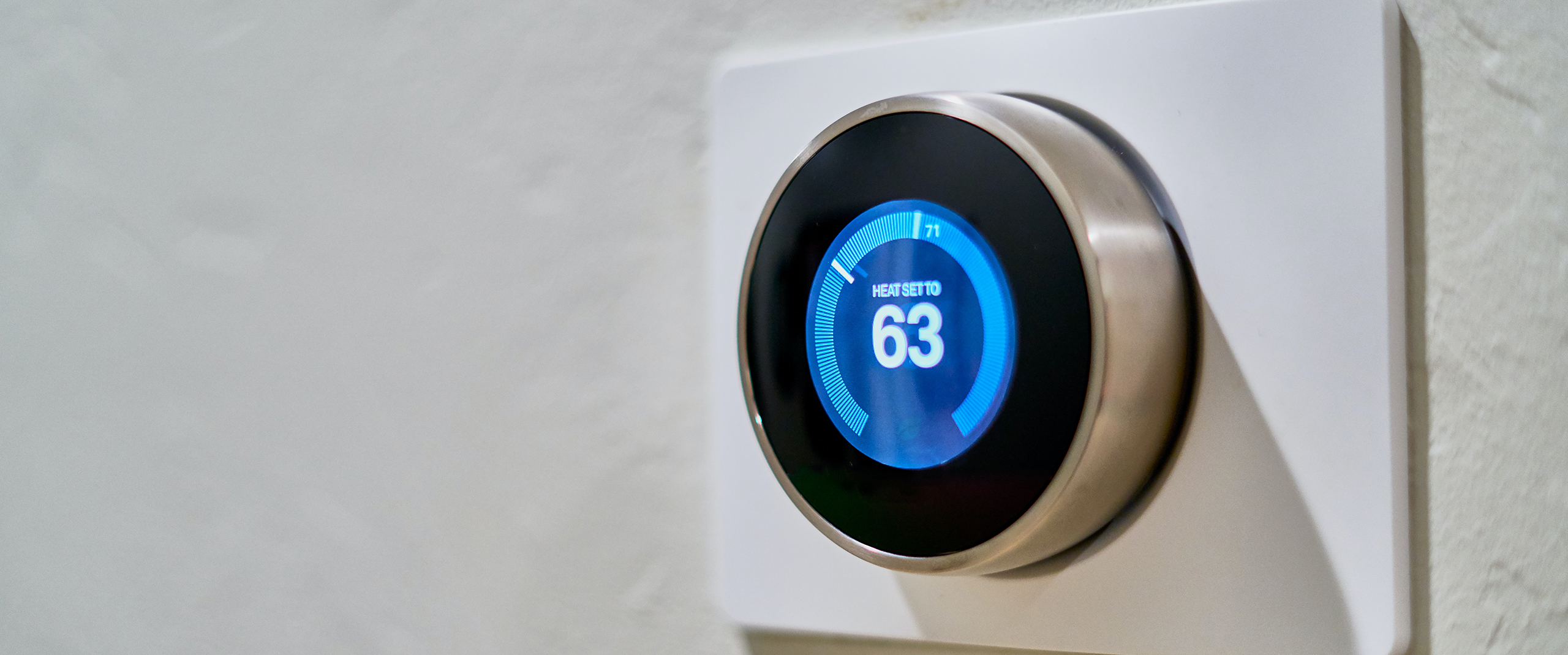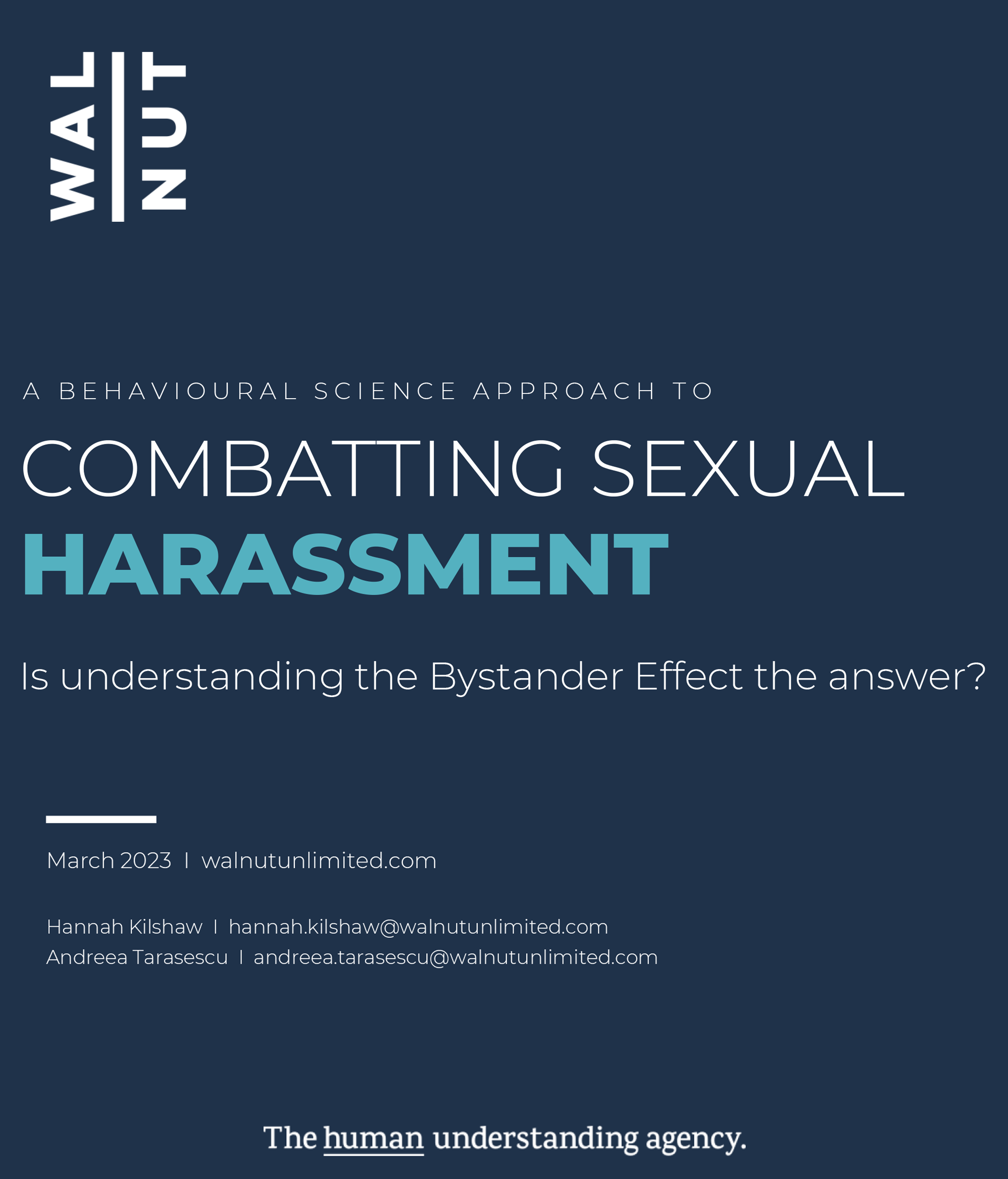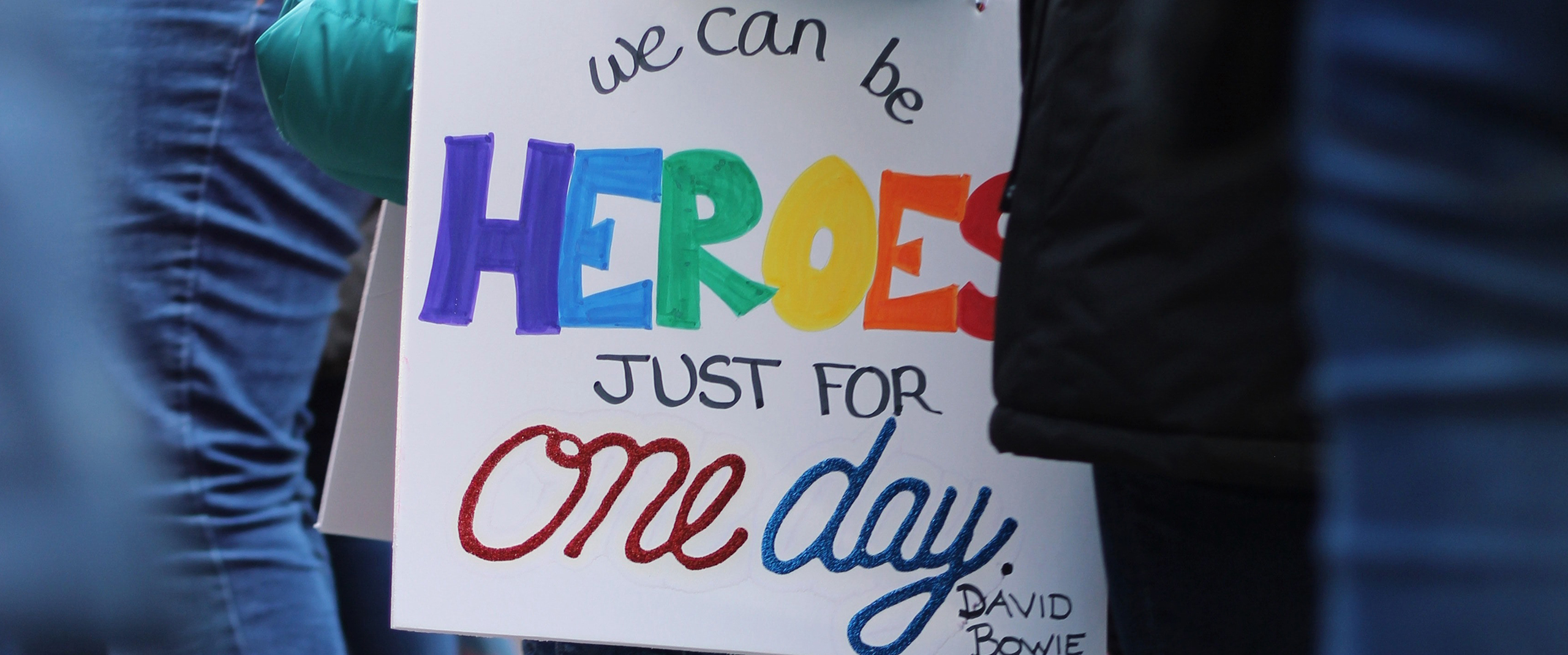What did the Windows 11 update just reveal about human behaviour?
20th May 2024
Martha Doyle
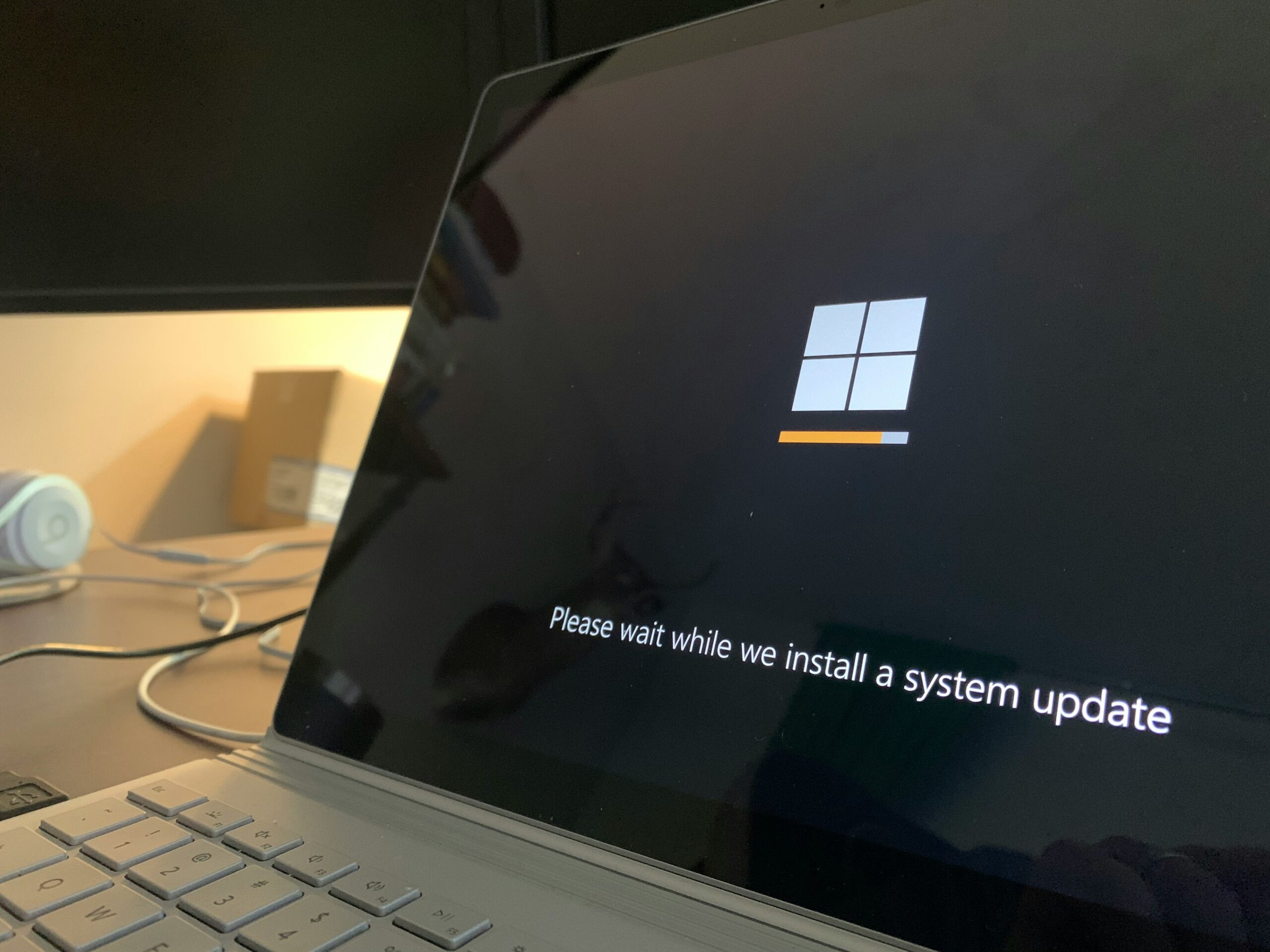
We are creatures of habit. Thinking is hard work, and our brain is seeking an easy life!
Changes that force us to adapt the way we usually go about things are not just disruptive, they increase the mental effort required for even simple tasks and cause no end of frustration.
This clash between the comfy autopilot of our subconscious and the friction of deliberative thinking was clearly demonstrated when I clicked on the weather instead of the start button for the 15th time today after upgrading to Windows 11…
Like me, you may have noticed that things are taking a little longer than usual after making this fairly minor change.
Changes like this one can feel disproportionally disruptive because as humans, we gravitate towards the status quo.
We like to keep things as they are – we stay with what we know, what we have done before, or what seems like the easiest or default option.
If we log in everyday and perform the same variety of actions (navigating from the Windows menu and searching our folders), a very strong habit forms and muscle memory kicks in. When this is altered, it interrupts our Status Quo and Default behaviours – immediately wrong footing us in whatever task we were up to.

Behavioural Science principles are crucial to changing consumer behaviour.
In this case, where we are given little option but to continue using our work computers, behaviour is eventually changed through repeated exposure to the new way of working – in other words, we can get used to anything!
In many other cases, when businesses are trying to trigger behaviour change (whether introducing a change to a service or encouraging people to change the brand they usually choose), finding ways to interrupt the status quo and create new habits is more complex – as any new behaviour that is too disruptive or effortful is largely rejected in favour of the norm.
Human beings are complex, and change is not easy, but unlocking deep human understanding can help us recognise and manage these cognitive quirks.
More Insights

Exploring attitudes towards debt policies supporting people who are struggling with debt burden in Britian – March 2024

It drew me in… Christmas advertising is not only about storytelling, it is about the story of us as humans
NEWSLETTER
Sign up for the latest treats straight to your inbox



